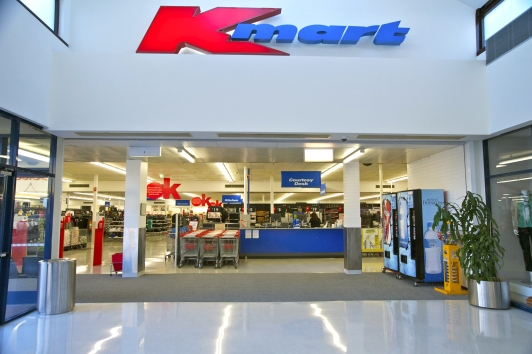
The “New” Kmart
With Christmas trading moving into full swing, everyone’s focus seems to be on the retail climate in Australia, with particular themes in the media springing to mind:
· Online sales are making it difficult for bricks and mortar stores
· Interest rates need to be cut further to stimulate spending
· The failure of Click Frenzy…
What I’d like to do is draw your attention to a success story in the retail sector – Kmart.
Around 5 years ago, Kmart was a brand without direction:
· It had both a high and low pricing strategy;
· The quality of its products varied dramatically, and its supply chain failed to keep shelves stocked;
· The condition of the stores were in drastic need of attention.
Since Kmart was purchased by Wesfarmers in 2007 it has staged a remarkable turnaround. Management have developed and maintained a clear business strategy, which is to lead on lowest price without comprising on quality. They have executed this strategy by:
· Improving the supply chain to ensure products are sourced directly;
· Targeting product lines that will generate recurring business;
· Refurbishing stores so they appear bright, clean and inviting;
· Communicating this new vision to their customers (you may be familiar with their current advertising campaign where they unleash shoppers into their store who are shocked and amazed by their prices).
In the period since the ‘new’ Kmart was introduced in 2008:
· Earnings before Interest and Tax has increased from $111m to $268m.
· This is while revenue remained virtually unchanged at around $4b (only 3 new stores were added over this time to June 2012).
· As such, the Return on Capital Employed has increased from 7.2% in 2009 to 18.8% in 2012.
So while many retailers are doing it tough, Kmart demonstrates that success in the retail sector is possible, and it didn’t require anything fancy to achieve it. A quality business is one with has a clear focus, long-term growth potential, appropriate use of capital and disciplined management.
*The Montgomery Fund and the Montgomery Private Fund does not have a position in Wesfarmers.
Ben MacNevin is a former analyst at the Reserve Bank of Australia and Montgomery’s latest recruit.
This post was contributed by a representative of Montgomery Investment Management Pty Limited (AFSL No. 354564). The principal purpose of this post is to provide factual information and not provide financial product advice. Additionally, the information provided is not intended to provide any recommendation or opinion about any financial product. Any commentary and statements of opinion however may contain general advice only that is prepared without taking into account your personal objectives, financial circumstances or needs. Because of this, before acting on any of the information provided, you should always consider its appropriateness in light of your personal objectives, financial circumstances and needs and should consider seeking independent advice from a financial advisor if necessary before making any decisions. This post specifically excludes personal advice.
INVEST WITH MONTGOMERY
Andrew Legget
:
Welcome Ben, what you have given us is a great example of how retailers can do it right and can do it wrong.
I call it the “stuck in the middle phenomenon” when a retailer cannot decide what it actually wants to be so they try to be all things to everyone and all it means is that customers get a bit lost as to what to think about the brand and instead both sets stay away and go to the ones which are easier to understand.
Myer is another example of a company i think which cannot decide what it wants to be and one (although there are many) good reason as to why it has been suffering.
What Wesfarmers have seemed to do well is firstly, hire retailers to run retail stores (i know, crazy forward thinking right, geniuses). It seems obvious but i still remember Coles former CEO almost bragging that he had never set foot in a supermarket before joining coles and i think DJ’s suffers from this as well.